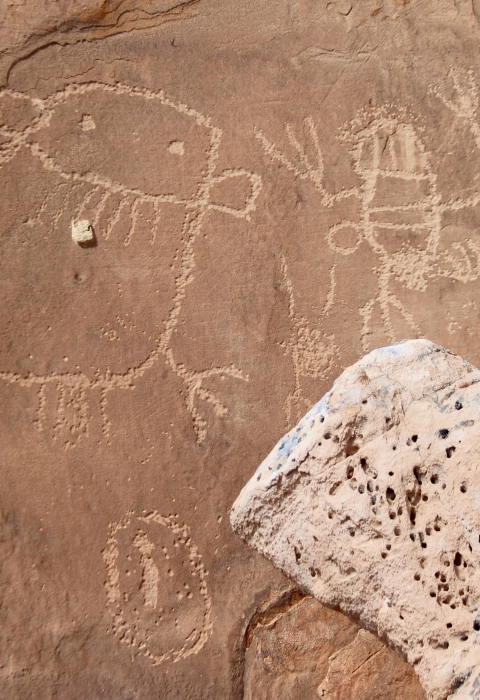Questions & Answers
National Native American Programs: Frequently Asked Questions
Where can I find a copy of the U.S. Fish and Wildlife Service’s Native American Policy?
More information can be found on our electronic version of the Native American Policy.
What does it mean when an Indian tribe is federally recognized?
The term federally recognized tribe means an Indian or Alaska Native tribe, band, nation, pueblo, village or community that the Secretary of the Interior acknowledges as an Indian tribe pursuant to the Federally Recognized Indian List Act of 1994.
A Federal Register (FR) notice published the current list of 574 tribal entities recognized and eligible for funding and services from the Bureau of Indian Affairs by virtue of their status as Indian tribes. The listed entities are acknowledged to have the immunities and privileges available to other federally acknowledged Indian tribes by virtue of their government-to-government relationship with the United States as well as the responsibilities, powers, limitations and obligations of such tribes.
What are our trust responsibilities to federally recognized Indian tribes?
The United States has a unique legal relationship with Indian tribal governments as set forth in the Constitution, treaties, statutes, executive orders and court decisions. Since the formation of the United States, the federal government has recognized Indian tribes as domestic dependent nations under its protection and has enacted numerous statutes and regulations that establish and define trust responsibilities with Indian Tribes. Our nation has recognized the right of Indian tribes to self-government to exercise inherent sovereign powers over their members and territory. The United States works with Indian tribes on a government-to-government basis to support Indian tribal self-government, Tribal trust resources and Indian tribal treaty and other rights.
The distinctive political relationship that exists between the United States and Indian governments, the Service fulfills our trust responsibility and maintains government-to-government relationships with Indian governments by working directly with tribes to support their right to self-governance and cultural well-being.
How do I obtain eagle feathers?
Enrolled members of federally recognized tribes (as established under the Federally Recognized Tribal List Act of 1994, 25 U.S.C. Section 479a, 108 Stat. 4791) may obtain a permit from the Service authorizing them to receive and possess eagle feathers and parts from the National Eagle Repository (Repository) Native Americans (enrolled tribal members)interested in obtaining bald or golden eagles or their parts must submit an application to the U.S. Fish and Wildlife Service National Eagle Repository (Repository). Once the completed application is received by the Repository order is filled on a first-served basis. To find out more information about obtaining eagles you can visit the Repository website.
Where can Native Americans obtain non-eagle feathers for religious and cultural purposes?
To maintain and improve upon our trust relations with the Native American community, The Service has established a non-eagle feather repository program with both Tribal and non-Tribal partners.
What is traditional ecological knowledge?
Indigenous Knowledge is a body of observations, oral and written knowledge, innovations, practices, and beliefs developed by Tribes and Indigenous Peoples through interaction and experience with the environment.11 It is applied to phenomena across biological, physical, social, cultural, and spiritual systems.12 Indigenous Knowledge can be developed over millennia, continues to develop, and includes understanding based on evidence acquired through direct contact with the environment and long-term experiences, as well as extensive observations, lessons, and skills passed from generation to generation.13 Indigenous Knowledge is developed by Indigenous Peoples including, but not limited to, Tribal Nations, Native Americans, Alaska Natives, and Native Hawaiians. Each Tribe or Indigenous community has its own place-based body of knowledge that may overlap with that of other Tribes. Additional information regarding Traditional Ecological Knowledge can be found on our site.
Who do I contact for questions about individual Native Americans, tribes regarding activities in their respective territories?
The listed personnel who are the respective Native American Tribe’s "point of contact." The designated individual Service contact is familiar with the respective to a tribe’s culture, political function and natural resource programs.
More questions?
Additional answers to questions not covered on our website can be found on the Bureau of Indian Affairs site.
